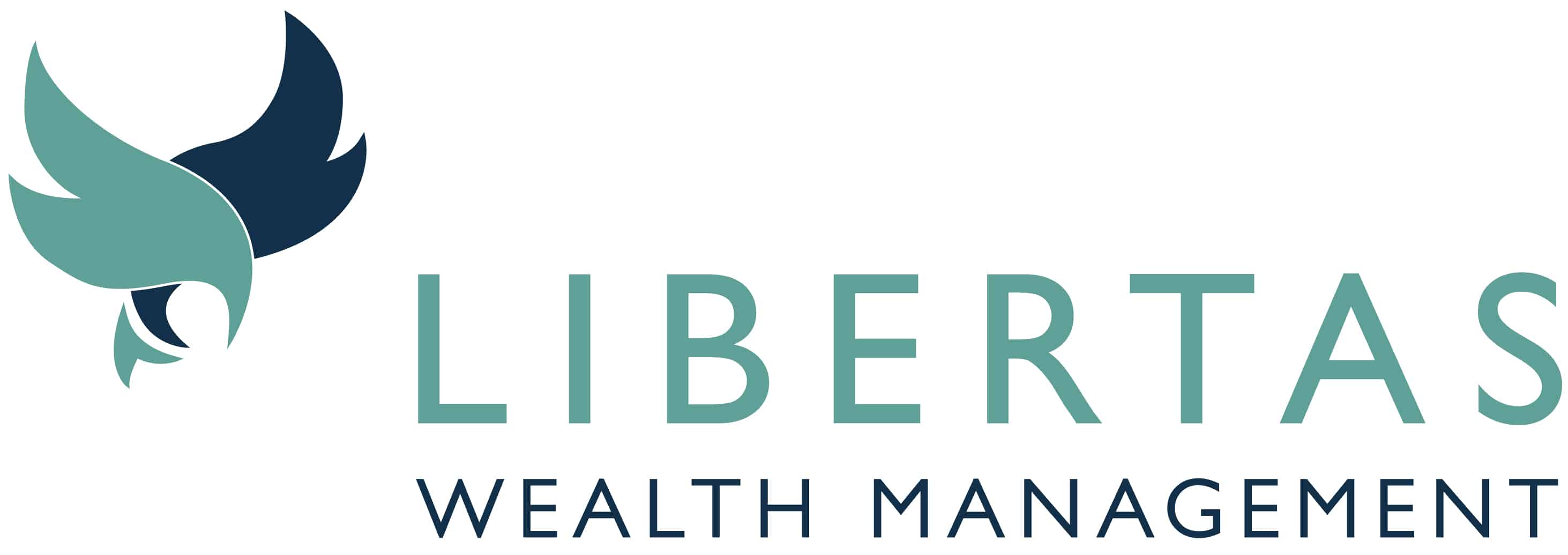Building up a pot of money to provide an income in retirement
With a defined contribution pension, you build up a pot of money that you can then use to provide an income in retirement. Unlike defined benefit schemes, which promise a specific income, the income you might get from a defined contribution scheme depends on factors including the amount you pay in, the fund’s investment performance and the choices you make at retirement.
Defined contribution pensions build up a pension pot using your contributions and your employer’s contributions (if applicable), plus investment returns and tax relief. If you’re a member of the scheme through your workplace, then your employer usually deducts your contributions from your salary before it is taxed. If you’ve set the scheme up for yourself, you arrange the contributions yourself.
The fund is usually invested in stocks and shares, along with other investments, with the aim of growing it over the years before you retire. You can usually choose from a range of funds to invest in. Remember, though, that the value of investments can go up or down.
The size of your pension pot and amount of income you receive when you retire will depend on:
How much you pay into your pot
How long you save for
How much your employer pays in (if a workplace pension)
How well your investments have performed
What charges have been taken out of your pot by your pension provider
How much you take as a cash lump sum
The choices you make when you retire
Annuity rates at the time you retire – if you choose the annuity route
When you retire, your pension provider will usually offer you a retirement income (an annuity) based on your pot size, but you don’t have to take this, and it isn’t your only option.
Disclaimer: The information provided in our website blogs is accurate and up-to-date at the time of writing. However, please be aware that legislative changes and updates may occur after the publication date, which could potentially impact the accuracy of the information provided. We encourage readers to verify the current status of laws, regulations, and guidelines relevant to their specific circumstances. We do not assume any responsibility for inaccuracies or omissions that may arise due to changes in legislation or other factors beyond our control.
If you would like any clarification, or have any questions, please get in touch.





